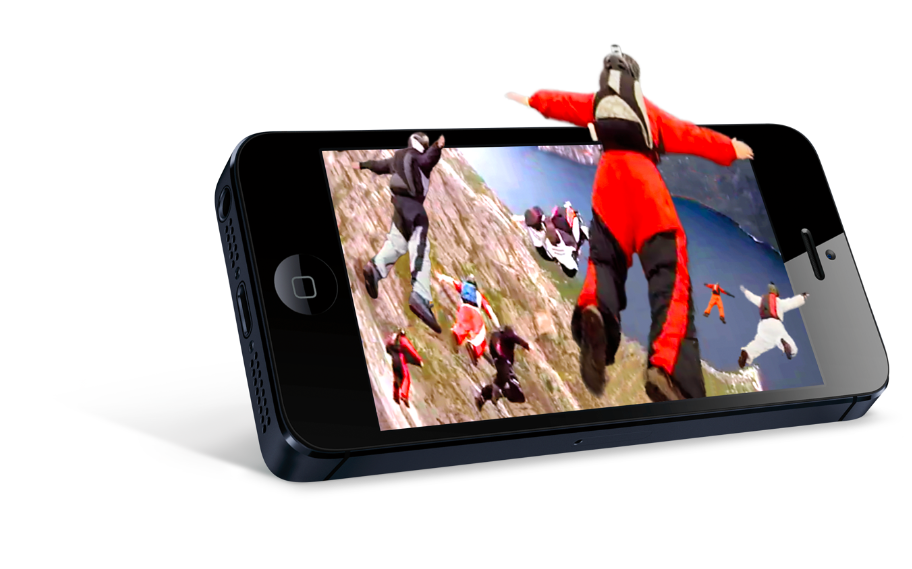3D iPhones just the start of Nanoveu's technologies

Singapore startup Nanoveu has figured out a way to mass produce nanoimprinted products, printing down to a resolution of a nanometer—the dimensions of atomic particles.
There are plenty of potential applications for this, but the eight-man startup has kicked off its commercial portfolio with a set of iPhone and iPad screen protectors that allow users to view 3D movies on the devices without needing to wear 3D glasses. This is pretty similar to what the Nintendo 3DS has on its upper screen, for example.

Nanoveu's founder and CEO, Alfred Cheong, said the company decided to get into this because it was "low-hanging fruit". People understand how to display 3D to the human eye, but the trick to getting these displays to cooperate requires extra-fine manufacturing. To wit, Nanoveu's iPhone screen protector has packed 500,000 separate lenses into its screen surface, indistinguishable to the naked eye. The iPad version has 6 million lenses.
Nanoveu's software takes the left and right eye viewing angles of a 3D movie or photo and separates them, and the individual lenses over each pixel direct the left-right views to the user, resulting in a 3D projection.
You have to view the compatible content through Nanoveu's app, and it takes most standard image formats such as .mpo.
The manufacturing method is based on nanoimprint lithography, which researchers have been working on since the mid-90s. Being able to mass produce nanoimprinted products, though, means the company can put its EyeFly 3D films on retail for just US$25 at Apple stores--it had launched at around US$35. Films to fit Android phones and tablets are in the works.
The company has far bigger ambitions beyond 3D screens, however. The company is in the midst of closing a second round of funding of S$1.8 million (US$1.45 million), having raised its first angel round of S$3 million (US$2.4 million) at the end of 2012. It hasn't started looking for Series A funding from VCs yet, said Chong.
The brains behind the operation is Frank Chan, Nanoveu's CTO. He was a research scientist working on 3D imaging for medical institutions such as National University Hospital (NUH) and Singapore General Hospital (SGH), and had received several research grants from the National Research Foundation (NRF) to work on glasses-free 3D display technology.
Eye on security market next
Chan said that with the ability to print lenses so fine, Nanoveu's next product is a security lens that can display hidden images in an app only with the compatible lens sheet. This can be used for two-factor authentication security, allowing a bank to display a hidden passcode that only the user can see, for example.
Its COO, Adeline Chu, added that the company is in the middle of releasing software development kits (SDKs) to game companies, so they can put 3D versions of their games out for Nanoveu's products.
The company's eight staff perform commercial marketing roles, and will soon be joined by Chan's engineering team of another eight crossing over from local institutions like A*Star (Agency for Science, Technology and Research), he said.
The sheets are manufactured in Japan and Korea for now, said Chu, noting that mass nanoimprinting is in its infancy, so the company hasn't found a manufacturer in places like Shenzhen, China capable of handling its resolution yet. The company has so far filed for hardware patents covering the U.S., Europe, Japan, Korea, Australia and China.